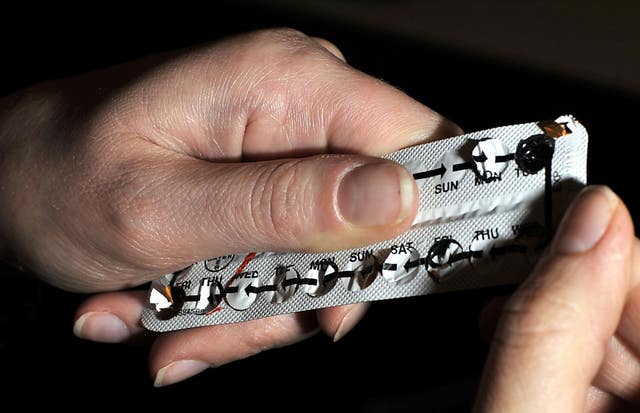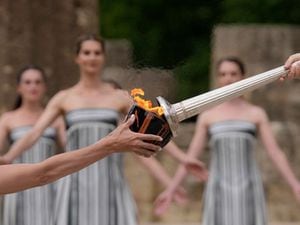US Supreme Court backs Trump rule on birth control coverage
Employers can decline to offer birth control to employees on religious or moral grounds.

More employers who cite religious or moral grounds can decline to offer cost-free birth control coverage to their workers, the US Supreme Court ruled, upholding Trump administration rules that could leave more than 70,000 women without free contraception.
The high court ruled seven to two for the administration, which had made a policy change to allow some employers to opt out of providing the no-cost birth control required by the Obama-era health care law.
Lower courts had previously blocked the Trump administration’s changes.
The ruling is a sizsable, election-year victory for President Donald Trump, who counts on heavy support from evangelicals and other Christian groups for votes and policy backing.

Strongly disagreeing, Democratic House Speaker Nancy Pelosi said in statement: “It is unconscionable that, in the middle of the worst global pandemic in modern history, the administration is focusing on denying basic health care to women that is essential for their health and financial security, instead of protecting lives and livelihoods.”
The administration has the statutory authority to craft the rules involved, including “the contemporaneously issued moral exemption”, Justice Clarence Thomas wrote for a majority of the court.
The government had previously estimated that the rule changes would cause about 70,000 women, and at most 126,000 women, to lose contraception coverage in one year.
“Today, for the first time, the Court casts totally aside countervailing rights and interests in its zeal to secure religious rights to the nth degree,” she wrote.
Separately on Wednesday, the Supreme Court sided with two Catholic schools in California in a decision underscoring that certain employees of religious schools, hospitals and social service centres cannot sue for employment discrimination.
That ruling, too, was by seven to two, with Justice Ruth Bader Ginsburg and Justice Sonia Sotomayor dissenting in both cases.
The court had ruled unanimously in 2012 that the Constitution prevents ministers from suing their churches for employment discrimination, but at that time the justices did not specifically define who counts as a minister.
The case decided on Wednesday involved lay teachers whose contracts had not been renewed.

Future administrations could also attempt changes.
Birth control has been a topic of contention since the health care law was passed.
Initially, churches, synagogues and mosques were exempt from the contraceptive coverage requirement.
The Obama administration also created a way by which religiously affiliated organisations including hospitals, universities and charities could opt out of paying for contraception, but women on their health plans would still get no-cost birth control.
Some groups complained the opt-out process itself violated their religious beliefs.
That opt-out process was the subject of a 2016 Supreme Court case, but the court, with only eight justices at the time because of the death of Justice Antonin Scalia, did not decide the issue.
It instead sent both sides back to see if they could work out a compromise.
After the Trump administration took office, officials announced a rule change that allows many companies and organisation with religious or moral objections to opt out of covering birth control without providing an alternate avenue for coverage.
But the change was blocked by courts after New Jersey and Pennsylvania challenged it.





